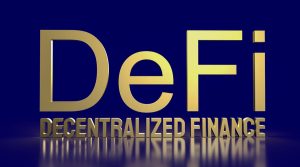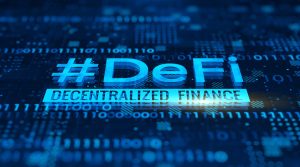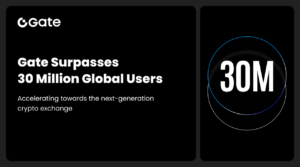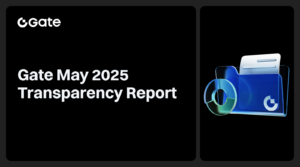Security in DeFi: Risks and Solutions

Decentralized finance (DeFi) has gained significant attention in recent years due to its potential to transform the traditional financial system. DeFi offers a transparent and open financial system that is accessible to anyone with an internet connection. However, the growing popularity of DeFi has also attracted the attention of hackers and other malicious actors. In this article, we will discuss the risks associated with DeFi and the solutions that can be used to enhance security.
Risks of DeFi
- Smart Contract Vulnerabilities
Smart contracts are the backbone of DeFi protocols, and any vulnerabilities in the smart contract code can result in catastrophic consequences. Hackers can exploit these vulnerabilities to steal funds, manipulate prices, or perform other malicious activities. In 2016, the DAO hack occurred, resulting in the loss of $50 million worth of ether. This incident highlighted the need for robust security measures in DeFi.
- Centralization Risks
While DeFi is designed to be decentralized, some protocols still have centralized control points, such as centralized price oracles. These centralization risks can make DeFi vulnerable to attacks, as hackers can target these centralized control points to carry out attacks.
- Liquidity Risks
DeFi liquidity pools are vulnerable to liquidity risks. Liquidity providers can withdraw their funds at any time, which can cause a liquidity crisis for the protocol. In extreme cases, this can lead to a complete collapse of the protocol, resulting in a loss of funds for investors.
- Regulatory Risks
DeFi operates in a regulatory gray area, and the lack of clear regulations can create risks for investors. Regulatory changes can result in sudden changes in the DeFi landscape, leading to uncertainty and volatility.
Solutions to DeFi Risks
- Code Audits
Code audits are a crucial step in ensuring the security of DeFi protocols. These audits can identify potential vulnerabilities in smart contract code and provide recommendations for improving security. Reputable security firms should carry out code audits with expertise in DeFi.
- Decentralization
DeFi protocols should aim to eliminate any central points of control, including price oracles. This can reduce the risks associated with centralization and make it more difficult for hackers to carry out attacks.
- Insurance
DeFi insurance can provide an additional layer of protection for investors. Insurance policies can cover losses resulting from smart contract vulnerabilities or other security breaches. Some DeFi protocols offer insurance as part of their platform, while others require investors to purchase insurance separately.
- Community Governance
Community governance can help to enhance the security of DeFi protocols. This involves giving the community a say in decision-making, including security measures. Community governance can help ensure that security measures are implemented in a way that meets the community’s needs.
- Multi-Signature Wallets
Multi-signature wallets can help to prevent funds from being stolen in the event of a hack. These wallets require multiple signatures to authorize a transaction, making it more difficult for hackers to steal funds.
Conclusion
DeFi can potentially revolutionize the financial industry but also comes with significant risks. Security is crucial for the success of DeFi, and protocols must implement robust security measures to protect investors’ funds. Code audits, decentralization, insurance, community governance, and multi-signature wallets are some of the solutions that can be used to enhance security in DeFi. By implementing these solutions, DeFi protocols can provide a secure and transparent financial system that is accessible to anyone with an internet connection.








